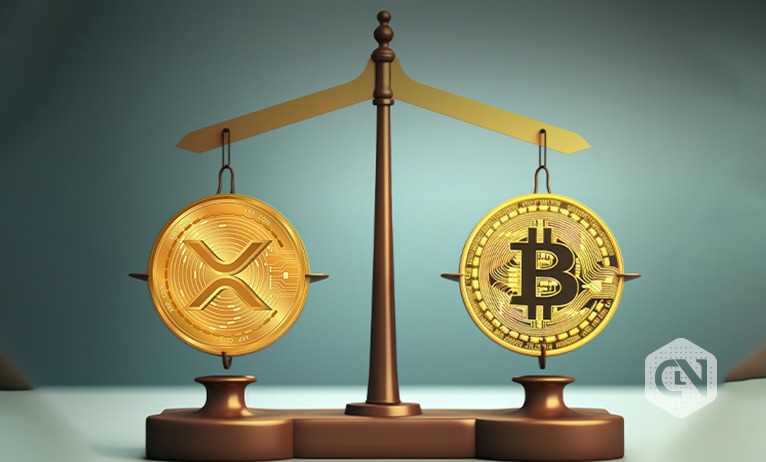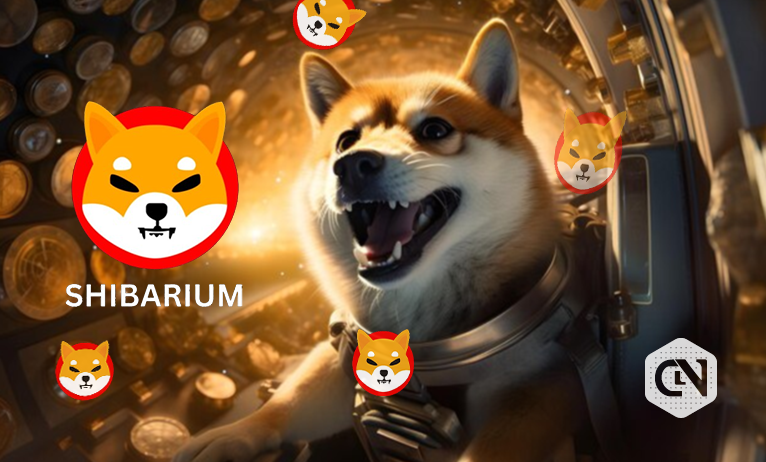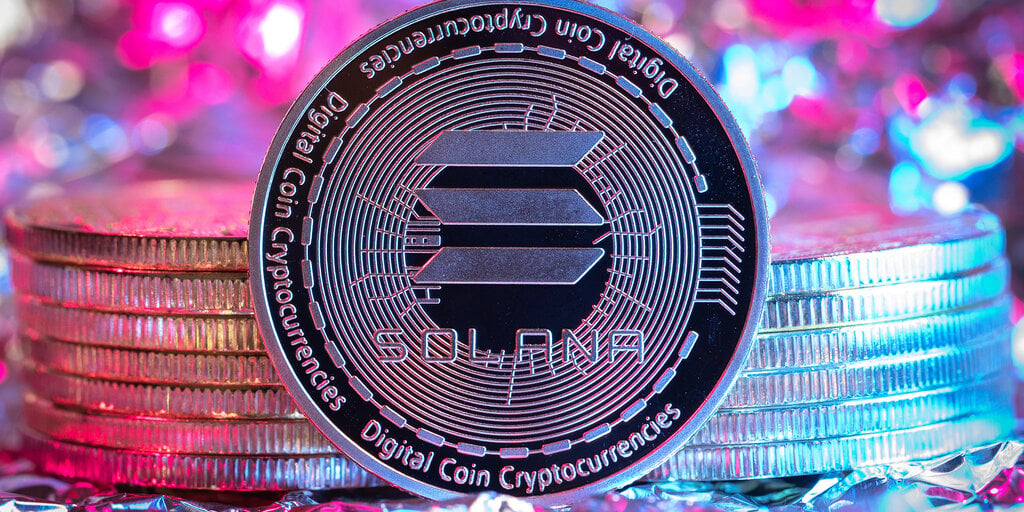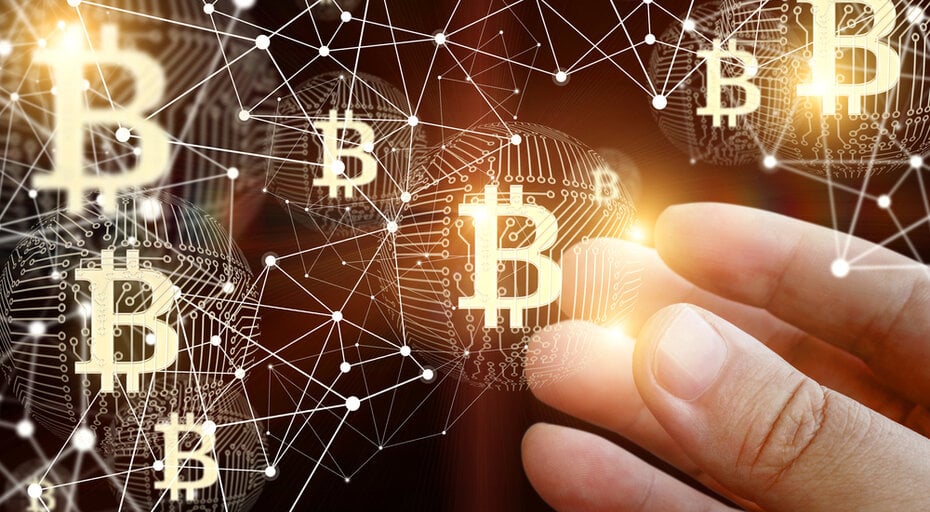Cryptocurrencies have emerged as a transformative force in the realm of finance, presenting innovative solutions to age-old challenges. Among their various applications, one of the most promising aspects of cryptocurrencies lies in their ability to revolutionize cross-border payments. Unlike traditional banking systems, cryptocurrencies offer the advantage of enabling instant and cost-effective transactions across borders, transcending the limitations imposed by fiat currencies and conventional banking infrastructure. In this domain, Bitcoin (BTC) and Ripple (XRP) stand out as two major contenders, each bringing unique capabilities to the table.
XRP: The Swift Challenger
XRP, the digital asset developed by Ripple, serves as a formidable competitor to traditional cross-border payment systems such as SWIFT. Its underlying technology facilitates cross-border payments through Ripple’s decentralized ledger, providing swift and cost-effective transaction solutions. Notably, Ripple’s proficiency in executing cross-border payments in a matter of seconds represents a substantial improvement over traditional banking systems, thereby reducing time and uncertainty in international transfers. Through its payment protocol and on-chain liquidity solution, Ripple has made significant strides in enabling global money transfers without the need for banking intermediaries, showcasing its impact through strategic partnerships and investments over the years.
One key advantage of XRP is its efficiency as a payment network. Transactions completed through XRP surpass the performance of SWIFT, with users able to send money to any location worldwide within five seconds while receiving prompt confirmation upon acceptance of their payment. Moreover, irrespective of the transaction value, XRP maintains a flat rate charge of $0.0002, making it a highly attractive platform for swift and economical money transfers.
- A direct XRP payment executes in a single transaction without the need for middlemen and usually completes in 8 seconds or less, in contrast to conventional payment methods that require many transactions to complete.
- XRP transactions are cost-effective for various reasons. Firstly, their fees are notably lower than traditional banking systems, which is ideal for small and large transfers. Secondly, XRP’s decentralized ledger removes the need for intermediaries, reducing transaction costs and exchange rate markups. Additionally, XRP transactions settle almost instantly, mitigating exchange rate risks and eliminating the need for costly nostro and vostro accounts. Overall, XRP presents a cost-effective cross-border payment solution that benefits businesses and individuals.
- The scalability of XRPL is one of its main advantages. Although these networks’ transaction throughput (TPS) is restricted to 7, 15, and 100 TPS, respectively, XRPL exhibits impressive scalability since it can process up to 1,500 TPS.
BTC: The Pioneer of Cryptocurrency
Bitcoin, hailed as the pioneer of cryptocurrencies, spearheaded the revolution in cross-border transactions with its decentralized payment system. While it has garnered global acceptance, challenges like volatility and scalability issues persist, limiting its transaction processing capacity to only 7 to 10 transactions per second (tps), significantly lower than that of Visa. The constraints imposed by block creation time and size limits lead to higher fees and delays. Nonetheless, Bitcoin’s recognition by major entities underscores its legitimacy, signaling its potential to reshape the financial landscape.
Comparative Analysis
- Transaction Speed: XRP significantly outpaces BTC in transaction speed, with XRP’s ledger supporting up to 1,500 tps compared to Bitcoin’s 7 to 10 tps. This rapidity positions XRP as an ideal choice for industries requiring swift transactions, such as remittances and e-commerce.
- Cost Efficiency: XRP offers greater cost efficiency than BTC for cross-border payments, characterized by lower fees and energy requirements. This cost-effectiveness makes XRP a favorable option for businesses and individuals engaging in frequent international transactions.
- Liquidity: Bitcoin boasts higher liquidity relative to XRP, thanks to its widespread adoption and recognition as a store of value. While Bitcoin enjoys robust liquidity across various trading platforms worldwide, XRP also maintains significant liquidity within the cryptocurrency market.
- Regulatory Environment: The regulatory landscape plays a crucial role in shaping the usage of XRP and BTC for cross-border payments. Bitcoin’s decentralized nature has led to diverse regulatory approaches globally, with XRP facing scrutiny due to its association with Ripple Labs.
Conclusion
As XRP and BTC vie for supremacy in the realm of cross-border payments, each cryptocurrency presents unique advantages and drawbacks. XRP excels in cost-effectiveness and transaction speed, whereas BTC holds an edge in terms of liquidity and widespread usage. However, both cryptocurrencies grapple with regulatory uncertainties that may impact their future trajectories. The choice between XRP and BTC for international payments ultimately hinges on factors such as transaction requirements, financial considerations, and regulatory compliance. Nonetheless, both cryptocurrencies remain pivotal in reshaping the global financial landscape by offering innovative solutions in a rapidly evolving industry.
Image/Photo credit: source url





